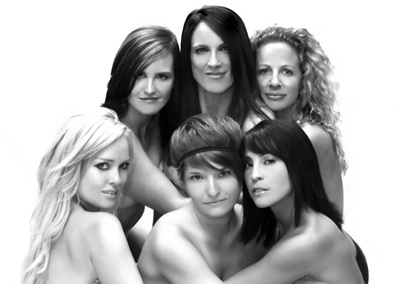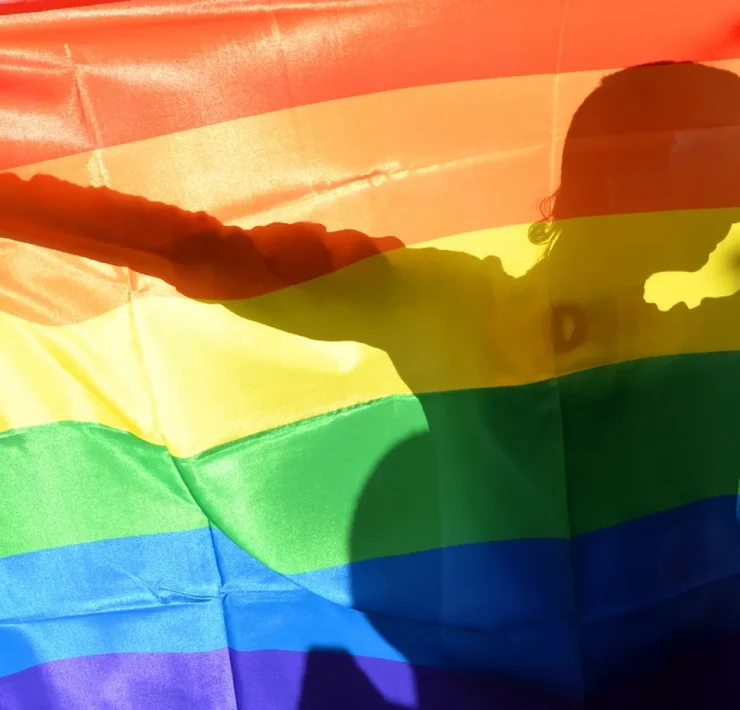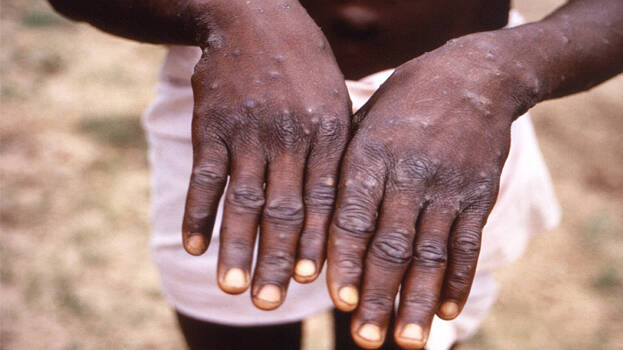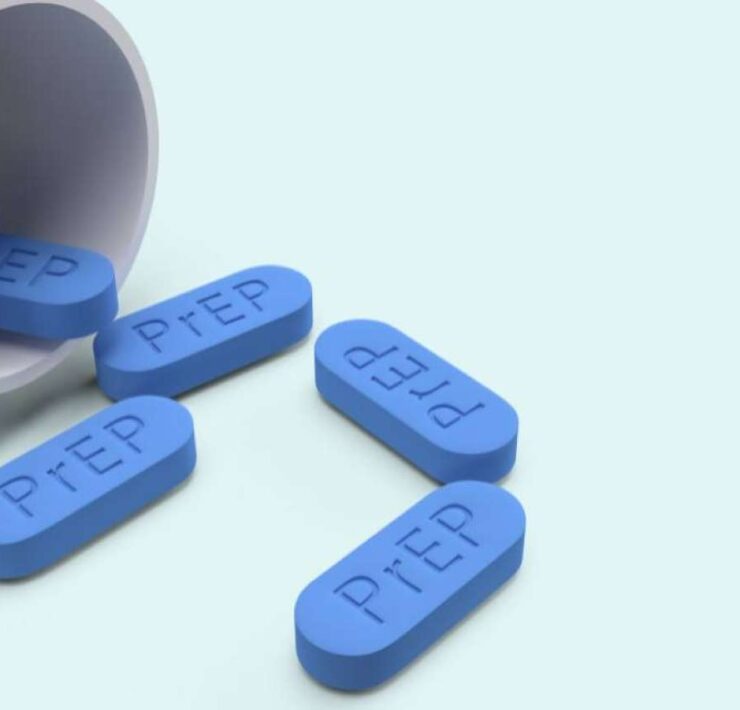Komen leads the battle against breast cancer

Holly Hatch is a former editor of OFM.
At 37 years old, Kim Kane never expected to hear the news the doctor gave her last November. It was the two words that every woman dreads: breast cancer.
 Kane is an example of a woman who didn’t have the typical risk factors. She was under 40, had no family history of the disease and early tests showed no abnormalities. Kane didn’t know anything was wrong until the lump in her breast was so big it was visible through her shirt.
Kane is an example of a woman who didn’t have the typical risk factors. She was under 40, had no family history of the disease and early tests showed no abnormalities. Kane didn’t know anything was wrong until the lump in her breast was so big it was visible through her shirt.
In the beginning she struggled just to see a doctor. She faced waiting lists that were months long, and since she didn’t have insurance, she was put at the bottom. She didn’t qualify for the Women’s Wellness Connection Program (a federal health program for women) so her options were beginning to look bleak.
Even though she wasn’t homeless, she sought help from the Colorado Coalition for the Homeless because of the care they give to uninsured individuals. She was immediately checked-in and had the lump protruding from her breast tested.
When Kane heard the news she remembers thinking, “I never thought this could happen in a million, billion years. Why me, Lord? I knew the tests don’t lie. I didn’t know what to do,” she said between sobs, recounting the experience. “I have a son, I’m trying to put my life back together. I sure wasn’t looking for a medical issue at this point in the game.”
After wondering how she would pay for a health problem of this magnitude, the Komen Foundation came to her rescue. Komen covered her diagnostic testing, treatment and even transportation from her home in Aurora to treatment appointments.
Komen is a non-profit program funded by community dollars. Seventy five percent of the funds raised go directly toward education, screening, treatment and support services while the remaining 25 percent is allocated to the research facility in Texas.
For many women like Kane, there are simply no other options for care. In her case, and in the case of millions of women across the country, Komen is a saving grace.
“Our goal is really to assure that no woman faces the diagnosis of breast cancer alone,” said Michele Ostrander, executive director of the Denver Komen Affiliate. “We want them to be supported through that shocking journey. It’s a horrible thing to go through and when you don’t have insurance, support or access to care, what should we tell these women? That they’re not worthy of living? That’s unacceptable.”
Breast cancer does not discriminate based on sexual orientation. In fact, the lesbian demographic may be at a higher risk for breast cancer. Although the cause remains unknown, there are clear links to heightened risk. Statistics show that lesbians don’t have children as often or as early, and there is a higher rate of alcohol and tobacco use in the community; both huge risk factors.
“They are even saying now that you should have no more than one drink per day and beyond that, you increase your risk,” Ostrander said.
That is why nonprofits like Komen are stressing breast health awareness with such passion. Early detection is hugely important to survival.
“There’s not one type of breast cancer,” Ostrander said. “There are many types. It could be an inverted nipple, redness, a rash that won’t go away, swelling, soreness, dimpling of the skin like an orange peel – these are all things women should always be looking for. And, mammograms don’t pick up every type, so it’s so important to do self-exams.”
Komen goes beyond treating patients. The philosophy of the nonprofit is to “save lives and stop breast cancer forever.” A large part of that is the work they put into empowering women every day. “We really want to empower women to take charge of their breast health,” Ostrander said. “Women truly do know their bodies best.”
Komen is a source of support for women with no resources, and depends solely on fundraisers like the Komen Race for the Cure in Denver Sunday, Oct. 2. “The race is a great way to build company morale, or just get together with friends,” Ostrander said. “Race day is more than just a 5K; it’s a celebration of life.”
Seven months later, Kim Kane is cancer-free. A survivor and life-long advocate of breast health.
One in seven women living in Colorado will get breast cancer. And the Komen foundation will be there for women like Kane.
“To the Komen foundation, I want to say thank you ladies. Thank every single one of you,” Kane expressed her gratefulness at a conference at the Colorado Homeless Coalition. “You guys definitely saved my life. Without a program like this for myself and other women, we wouldn’t have anything. You guys made it possible.” l
The doctor is in
Rita Lee, PhD. is a medical professional and professor at the University of Colorado who advocates for the underserved and LGBT
communities.
What are some lesbian health myths?
The top myth for lesbians is the issue about papanicolaou testing. Many do not think they need pap tests if they haven’t had intercourse with men. Some of this is perpetuated by their health care providers and some of it comes from the community. There is also the myth that women cannot transmit sexually transmitted infections to each other. This is absolutely not true. There are case reports of HIV and HPV transmission (and other STI’s) in women who have only had sex with women.
Are lesbians at higher risk?
There is a theoretical increased risk for breast cancer in lesbians. This is based on the fact that smoking and obesity rates are higher in the lesbian community. Lesbians are also less likely to have children than heterosexuals. (Having a child reduces the risk of breast cancer). There is also data that lesbians are less likely to get mammograms.
The sharing of sex toys can be a mode of transmission for STI’s between women. They’ve probably never studied that, so I can’t say rates are higher, but it does pose a risk. Experts generally recommend using either condoms/dental dams to cover sex toys or disinfect sex toys between partners to reduce transmission risk.
What are are some tips to stay healthy?
Stay healthy by reducing your risks. Eat healthy and well-balanced meals, get 30 minutes of exercise daily, quit smoking and make routine check-ups with your health care provider a priority.
What are the biggest health concerns for women today?
Smoking and obesity are my top two health concerns. They are the biggest factors implicated in the leading causes of death: lung cancer, heart disease and stroke.
What's Your Reaction?
Holly Hatch is a former editor of OFM.










